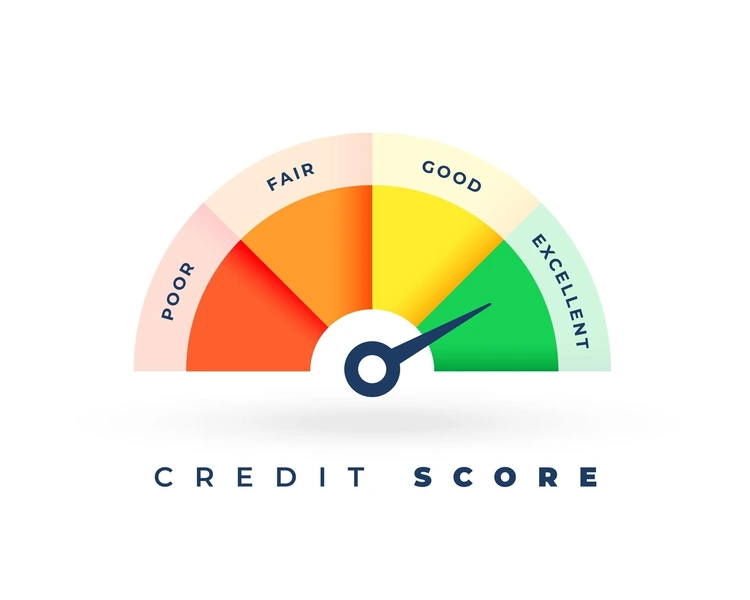If you’re thinking about buying a new car but also want to improve your credit score, you’re in luck. A car loan can be a powerful tool for building your credit, as long as you manage it responsibly. In this blog, we’ll explore how financing a car can help you boost your credit score and share some tips to ensure you get the most out of the process.
Why a Car Loan Can Help Your Credit
A car loan is a type of installment credit, meaning you borrow a set amount of money and agree to pay it back in regular installments over time. Lenders report your payment activity to credit bureaus, which is why this type of loan can positively (or negatively) affect your credit score.
Here are the main ways a car loan can improve your credit:
-
Establishing a Credit History If you’re new to credit or haven’t had any accounts in your name, a car loan can help you establish a credit history. Credit bureaus look for consistent payment records, and a car loan gives you the opportunity to show financial responsibility.
-
Diversifying Your Credit Mix Credit bureaus reward borrowers who demonstrate the ability to manage different types of credit, such as credit cards (revolving credit) and loans (installment credit). Adding a car loan to your credit profile can enhance your credit mix, which accounts for about 10% of your credit score.
-
Demonstrating Payment Reliability On-time payments are the single most important factor in your credit score, accounting for 35% of your total score. A car loan gives you the chance to show you can consistently make payments on time.
Steps to Building Your Credit with a Car Loan
To ensure your car loan has a positive impact on your credit score, follow these steps:
1. Choose the Right Loan
-
Shop Around: Compare interest rates and loan terms from multiple lenders to find the best deal. Don’t forget to check with your dealership, as many offer competitive financing options.
-
Affordable Payments: Make sure the monthly payment fits your budget. Overextending yourself financially could lead to missed payments, which will hurt your credit.
2. Make a Down Payment
A larger down payment reduces the amount you need to borrow, lowering your monthly payment and potentially improving your loan terms. It can also show lenders that you’re a responsible borrower.
3. Pay on Time, Every Time
Set up automatic payments or reminders to ensure you never miss a due date. Even a single late payment can negatively impact your credit score.
4. Avoid Early Payoff Temptation
While paying off your car loan early might seem like a good idea, it could shorten the time you’re building a positive payment history. If you’re focused on credit improvement, consider sticking to the original schedule.
5. Monitor Your Credit Score
Keep track of your credit score to see how it improves over time. Many free services and credit card companies offer regular credit score updates.
Pitfalls to Avoid
Building your credit with a car loan requires careful planning. Avoid these common mistakes:
-
Overextending Your Budget: Taking on a loan you can’t afford will lead to financial stress and missed payments.
-
Skipping Research: Don’t accept the first loan offer you receive. Better terms could save you money and make repayment easier.
-
Co-Signing Without Understanding Risks: If you’re a co-signer or have a co-signer, ensure both parties understand the responsibility involved.
Final Thoughts
Using a car loan to build your credit score is a smart move when done correctly. By making timely payments, choosing an affordable loan, and keeping track of your progress, you can boost your credit score and drive away in your dream car. At the end of the day, it’s not just about the vehicle you drive but the financial milestones you achieve along the way.
If you’re ready to explore your car financing options, visit [Your Dealership Name] today. We’re here to help you find the perfect car and loan to fit your needs. Let’s hit the road to better credit together!








